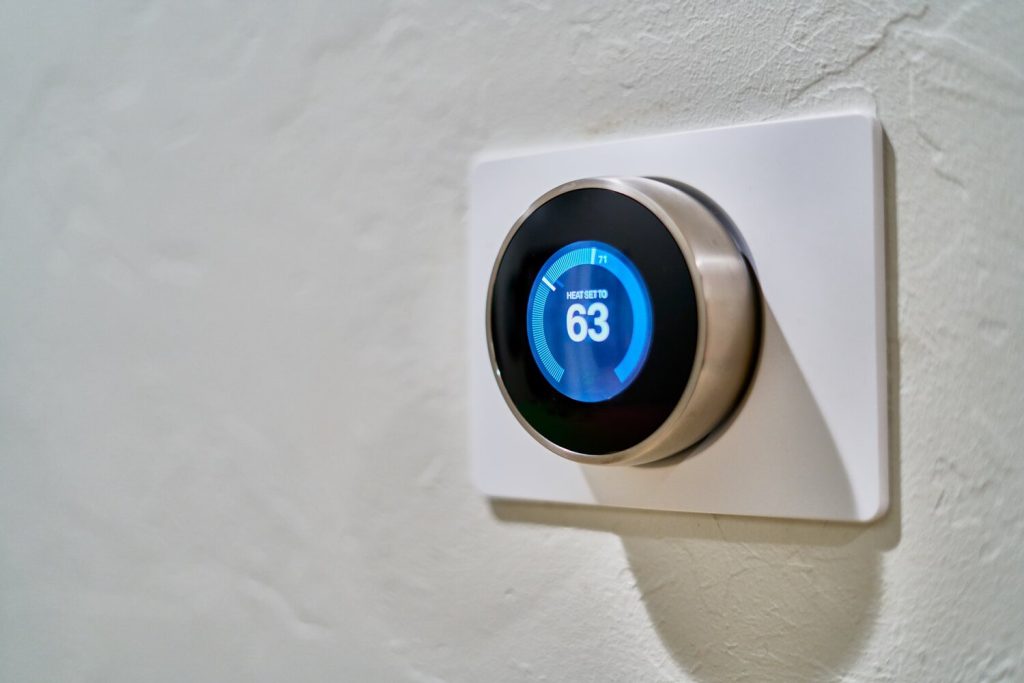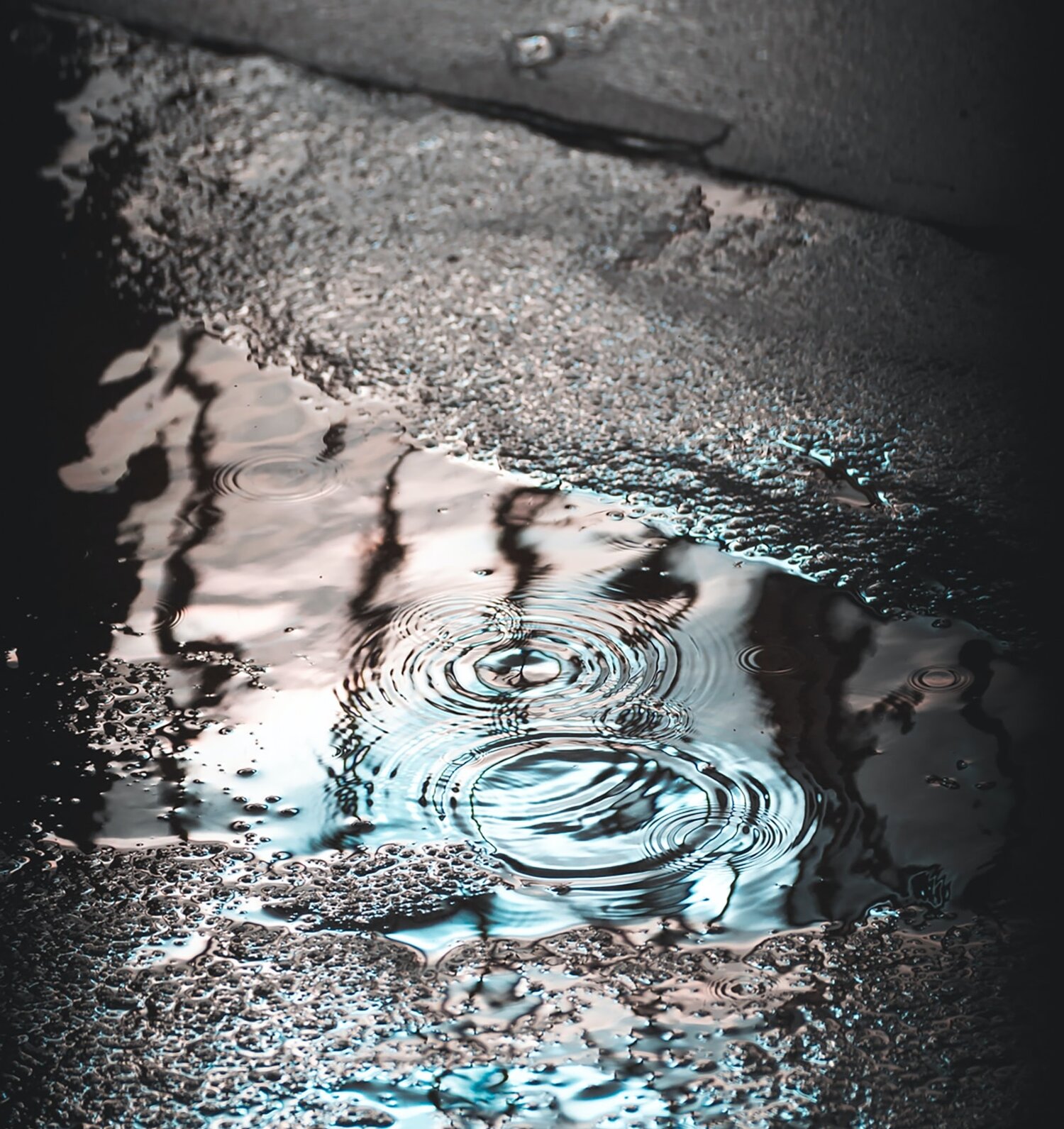September 16, 2021
Air Conditioning Troubleshooting: 5 Common Problems

In an ideal world, we just wouldn’t have to think about air conditioning troubleshooting – everyone wants an AC unit that they can just forget about. The truth, though, is that everyone runs into trouble with the HVAC every once in a while, and air conditioning troubleshooting will help you pinpoint the issue and get to the root of the problem.
Before we get into this list of common problems, keep in mind that if you have any doubt about your AC unit, you should get a professional involved. Some issues are potentially dangerous for the home, and many of them are going to cause much worse damage if they’re ignored. A professional is going to be able to help you assess if the issue requires a new part, and they’ll help you install the parts that are needed in a safe way.
Air Conditioning Troubleshooting: 5 Common Problems
These 5 common problems are some of the most widespread issues that are brought up in air conditioning troubleshooting.
Air Conditioner Smells Bad
If you notice a bad smell when you turn on the air conditioning, it could be several different issues. We actually have a whole article on why your AC unit smells musty – check it out! But the short answer is likely that build-up of water in the drain pan, ducts, or dirty filter has led to a growth of mold and mildew. This is likely what you are smelling when you turn the air on – the fan is blowing air through
Solution: The first thing to do when you’re air conditioning troubleshooting a bad smell is to replace or clean your air filter. If this has been causing the problem, the odor should fade. If the musty smell persists, you should consult a professional about duct cleaning.

If it’s a burning smell that you notice when you turn on your AC unit, this could be a more urgent problem. If your AC unit hasn’t been used in a while, it could just be dust burning off – but if there is a plasticy smell, that could mean that the capacitor or the electrical components are broken. For more information about what to do, check out our blog on the subject.
Air Conditioner Won’t Turn On
No one wants to be in this position in the middle of summer. If you find yourself air conditioning troubleshooting for a unit that won’t turn on, you have a few options to consider.
Check electricals: Make sure the unit is plugged in, check that the circuit hasn’t flipped, and make sure there’s no blown fuse.
Assess the thermostat: If the thermostat is broken or if it is taking fluctuating readings, this will affect the AC. Make sure the thermostat is working and is located in a room in the house with a fairly consistent temperature.
Air Conditioner Isn’t Cold or Cools Erratically
If you’re air conditioning troubleshooting because the air isn’t cold or is cold sometimes and not others, the issue could be the refrigerant. This is a cold liquid that the air is blown over to cool it down, and if the level gets too low – either because it was poorly installed or because of a leak – it will affect the efficiency of the air conditioning unit.
If the issue is a refrigerant leak, it’s important to get a professional involved as soon as possible. Not only does a refrigerant leak have the potential to cause a coil freeze or a damaged compressor, but a refrigerant leak can also become very toxic and even dangerous to your health.
Remember, if you’re planning on examining the compressor or other elements of the AC Unit, always turn the power off before opening it up.
Air Conditioner is Making Weird Sounds
Hissing: Most likely a refrigerant leak.
Banging: If you’re air conditioning troubleshooting a banging sound, it could mean that a part in the compressor is loose, or that it needs to be replaced altogether.
Screeching or Shrieking: Fan motors and blower motors will make a screeching sound when they have degraded and it’s time to replace them. Higher-pitched noises might indicate that the compressor pressure is too high – that’s dangerous, so if you hear a high-pitched screaming noise coming from your AC unit, turn it off immediately and call a professional.
Clanking: A clanking noise often means that the fan or blower has come loose and is hitting other parts as it spins. It could also indicate that an element within the compressor is loose. Either way, it should not be ignored – call a professional to get their opinion on it!
Buzzing: Buzzing could mean that there’s a problem with the fan or that there is debris caught in the system.
Air Conditioner is Leaking Water

If your air conditioner is leaking water outside occasionally, it’s probably not a problem. AC units can leak water when they’re running on hot and humid days, or on days when the temperature drops below 60 degrees. That’s because the unit can freeze sometimes and the water starts to pool when it melts.
If your AC unit is leaking water consistently, you should start air conditioning troubleshooting to find the root issue. It could be a problem with something blocking the flow of air or the condenser pan and causing water to build up and overflow. It could be a dirty air filter, a drain pipe that’s been clogged, or a broken condenser pan.
Successful Air Conditioning Troubleshooting
There you have it – 5 most common air conditioning troubleshooting questions. Hopefully, you’ve got a little more clarity on what could be causing the issue with your AC unit. If you need a little more help or you’d like to book a consultation, please feel free to reach out.
In the meantime, have a look at more of our troubleshooting articles and other frequently asked questions: What temperature should I set my air conditioner to in summer?, How To Clean a Furnace, How Often to Change Air Filters?, and Furnace Not Igniting? 6 Reasons and How to Fix It.

Leave a Reply